In the heart of Paris, a quiet revolution is taking place in the culinary world. A growing number of restaurants are embracing the "zero waste" philosophy, transforming what was once considered trash into culinary treasures. These establishments are challenging the very notion of food waste, proving that with creativity and commitment, even the most humble ingredients can shine.
The concept might sound radical, but it's rooted in an age-old tradition of frugality and respect for ingredients. French grandmothers have long known the value of a potato peel or a carrot top, using them to add depth to stocks or flavor to soups. Today's zero waste restaurants are taking this approach to new heights, applying modern techniques and global influences to what would otherwise be discarded.
At the forefront of this movement is Restaurant Silo, where chefs meticulously separate every component of each ingredient. Beetroots are roasted, their greens become pesto, and the skins are dehydrated into crispy garnishes. Citrus fruits are zested before juicing, with the peels later candied or turned into aromatic syrups. Even coffee grounds find new life as flavoring agents for desserts or bases for marinades.
What makes these practices remarkable isn't just the technical skill involved, but the complete paradigm shift they represent. In conventional kitchens, up to 20% of purchased ingredients typically end up in the bin. The zero waste approach flips this equation on its head, treating every gram of food as valuable. This mentality extends beyond the kitchen too - from composting programs to reusable delivery containers and upcycled decor.
The environmental impact is substantial. Food waste accounts for nearly 10% of global greenhouse gas emissions. By eliminating this waste, restaurants significantly reduce their carbon footprint. But the benefits aren't just ecological. Many chefs report that working within these constraints sparks unprecedented creativity, leading to unique flavor combinations and presentations that set their menus apart.
Customers play a crucial role in this ecosystem. Diners at these establishments often find themselves reconsidering their own food habits as they encounter dishes made from ingredients they would normally discard. The experience can be revelatory - a carrot top gremolata or watermelon rind pickle challenges preconceptions about what's edible and delicious. Some restaurants even include waste-tracking information on their menus, showing guests exactly how much would have been thrown away using traditional methods.
Of course, operating a zero waste kitchen presents significant challenges. It requires meticulous planning, flexible menus that change based on available ingredients, and sometimes difficult conversations with suppliers about packaging. Many chefs spend hours building relationships with local farmers and producers to establish closed-loop systems where byproducts can be returned and reused.
The movement is gaining momentum beyond Paris too, with zero waste concepts appearing in cities worldwide. Each adapts the philosophy to local ingredients and culinary traditions, creating a global tapestry of sustainable dining. From Tokyo to Toronto, chefs are looking at their prep stations with new eyes, seeing potential where they once saw waste.
Perhaps the most inspiring aspect of this trend is its democratization of sustainability. While many eco-friendly initiatives require expensive technology or infrastructure, reducing food waste simply demands creativity and care. It's a reminder that sometimes the most powerful solutions aren't about doing more, but about wasting less - and in the process, discovering unexpected beauty in what we too easily overlook.
As these restaurants continue to innovate and inspire, they're writing a new chapter in culinary history. One where sustainability and gastronomy aren't competing priorities, but natural partners. Where the measure of a chef's skill includes not just how they transform premium ingredients, but how they honor every part of everything they use. In this vision of the future, there's no such thing as waste - only ingredients we haven't learned to use yet.
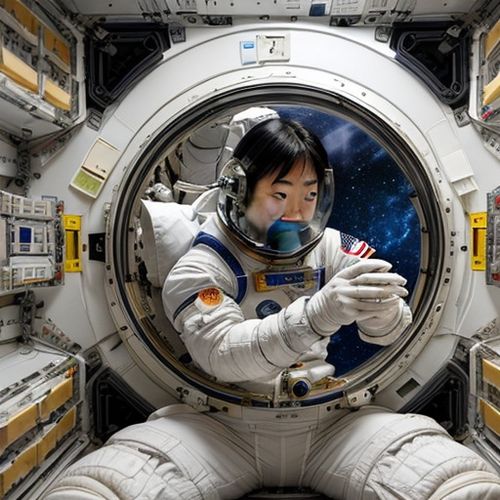
By Amanda Phillips/Apr 10, 2025
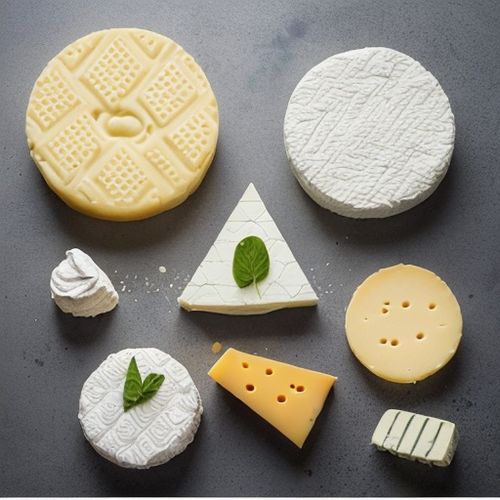
By Rebecca Stewart/Apr 10, 2025
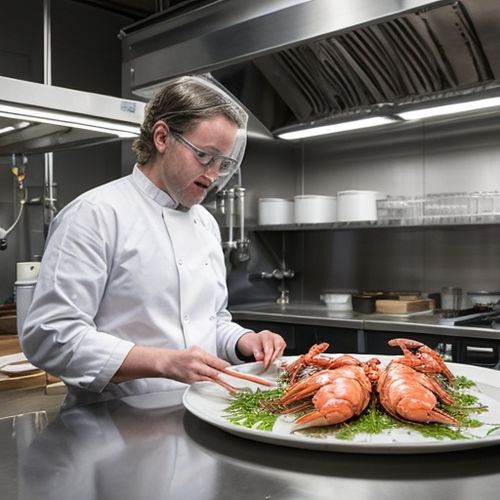
By Emma Thompson/Apr 10, 2025
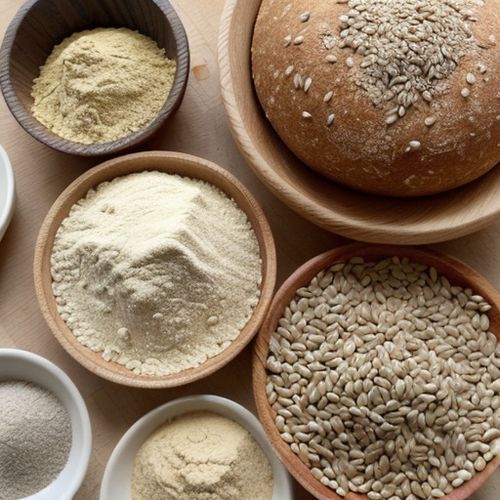
By James Moore/Apr 10, 2025

By Samuel Cooper/Apr 10, 2025

By Elizabeth Taylor/Apr 10, 2025

By Rebecca Stewart/Apr 10, 2025
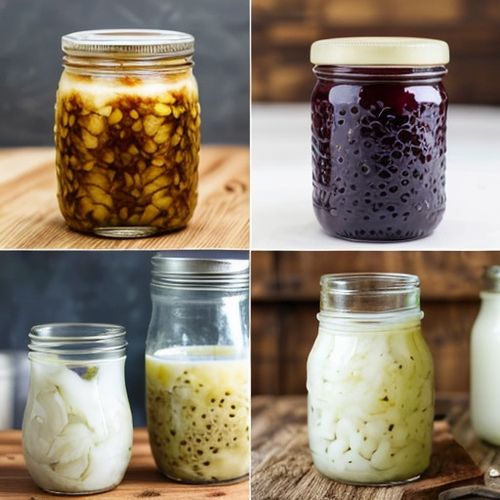
By John Smith/Apr 10, 2025

By Michael Brown/Apr 10, 2025
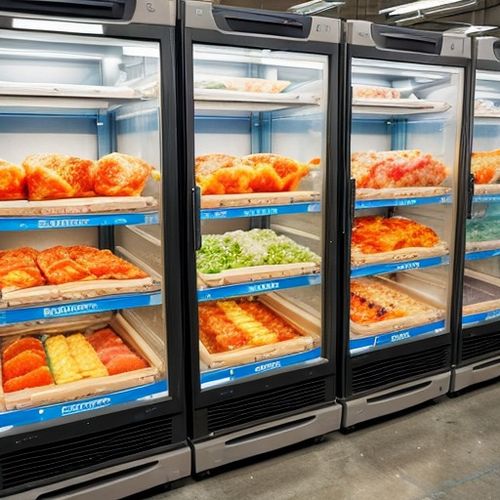
By Emma Thompson/Apr 10, 2025
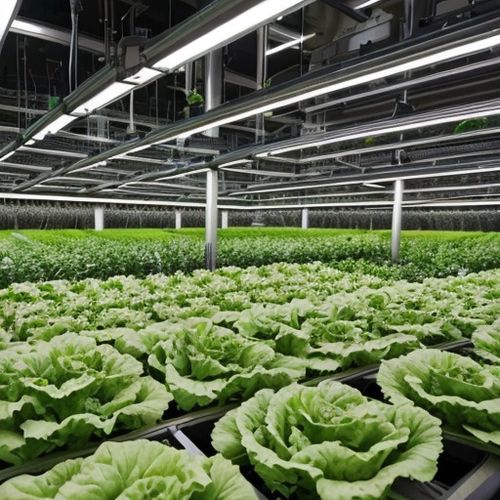
By Elizabeth Taylor/Apr 9, 2025
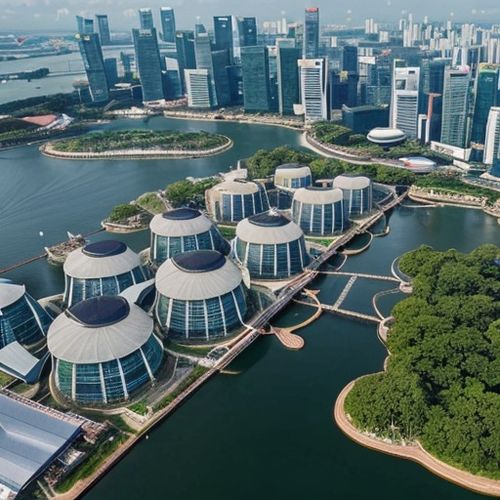
By Christopher Harris/Apr 9, 2025

By David Anderson/Apr 9, 2025
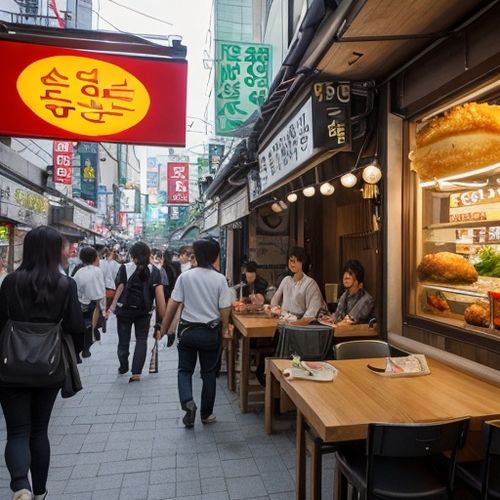
By Joshua Howard/Apr 9, 2025
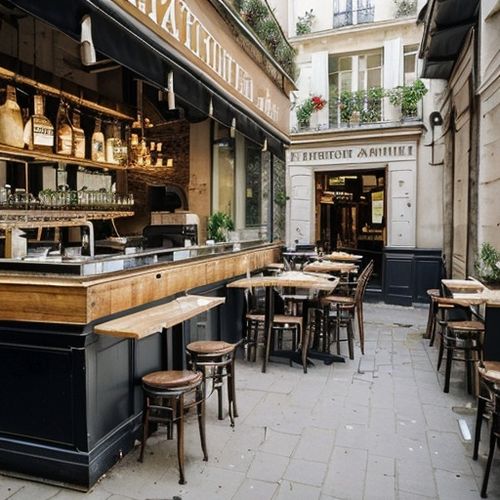
By Emily Johnson/Apr 9, 2025
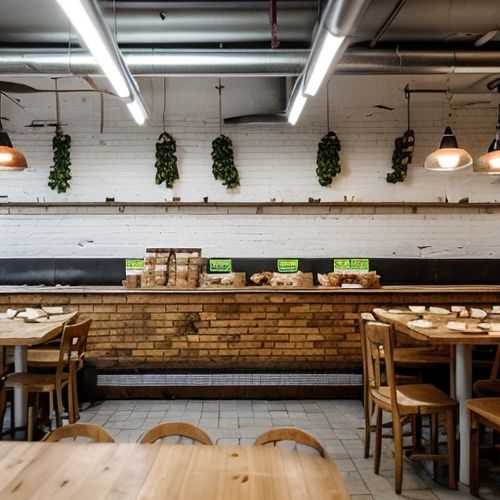
By John Smith/Apr 9, 2025
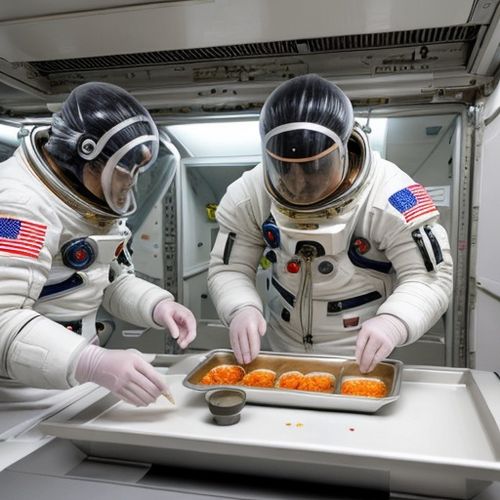
By Lily Simpson/Apr 9, 2025
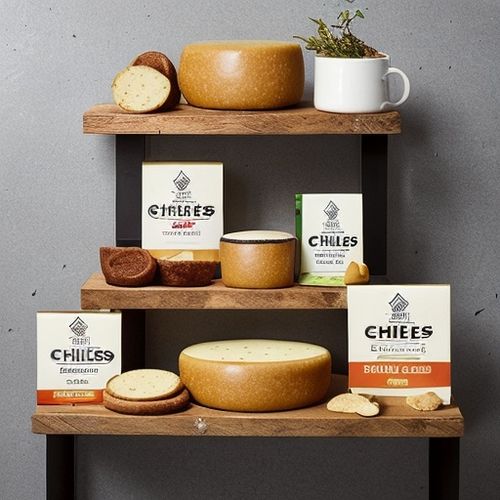
By Lily Simpson/Apr 9, 2025